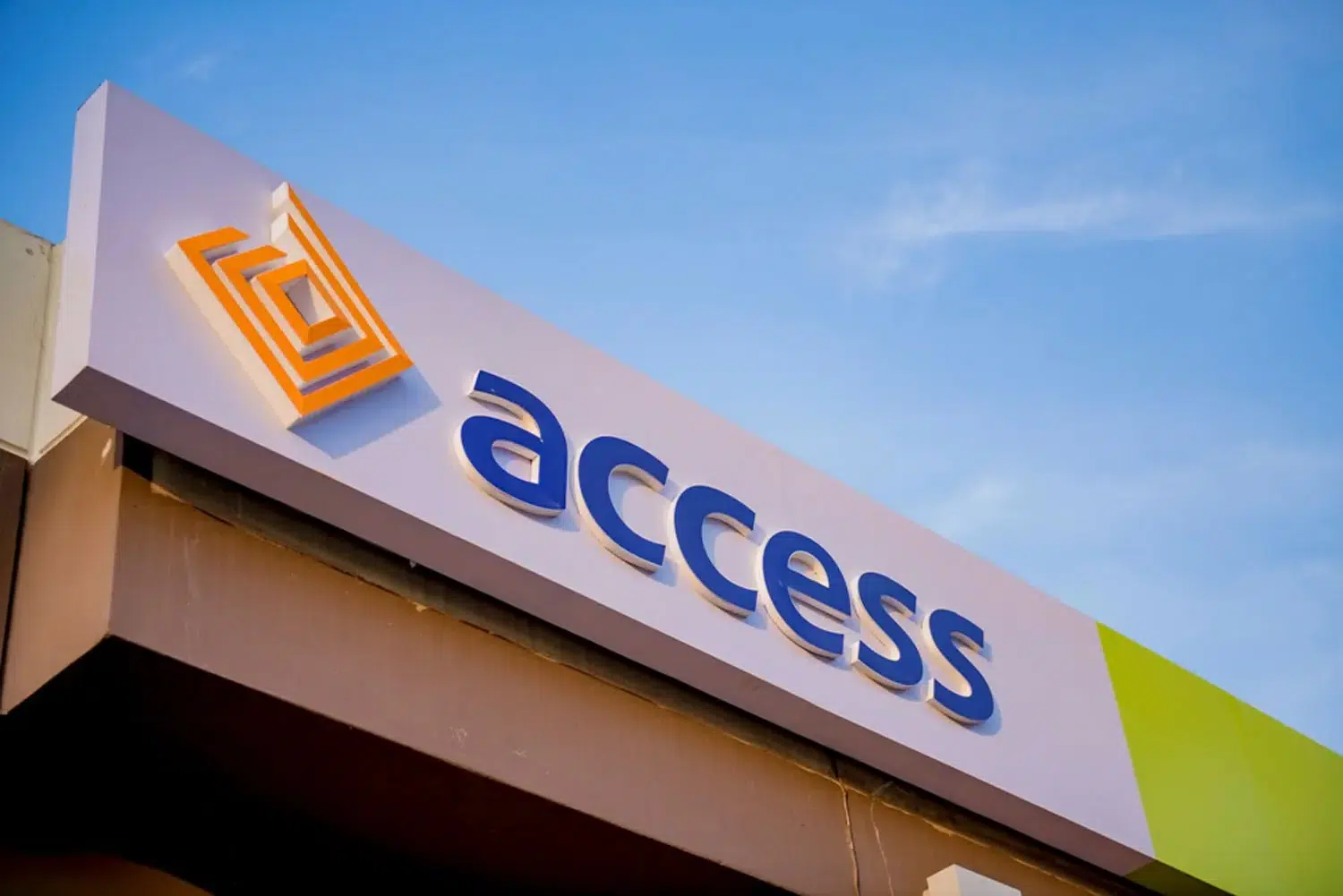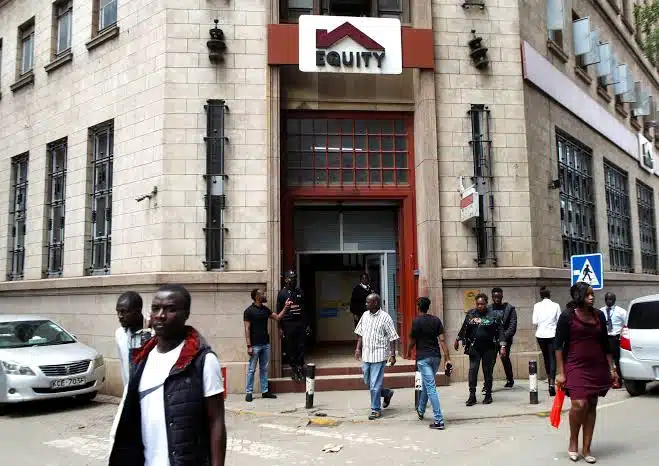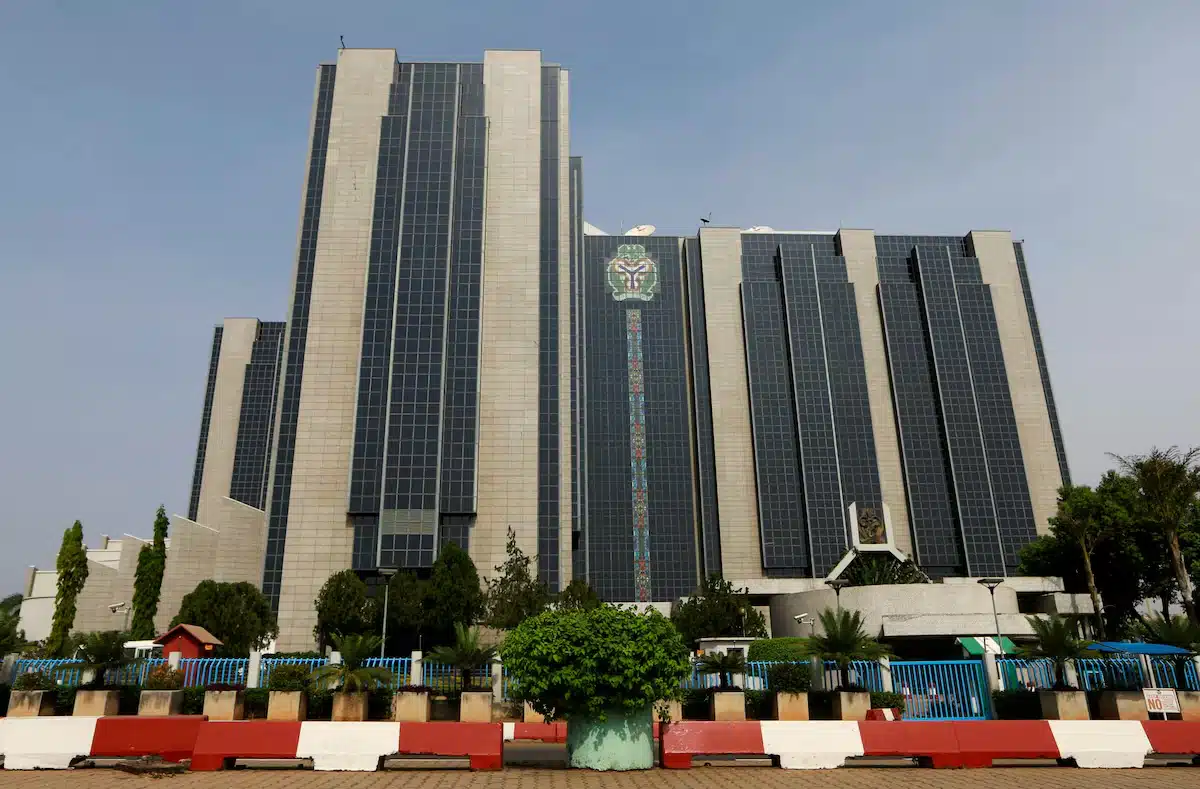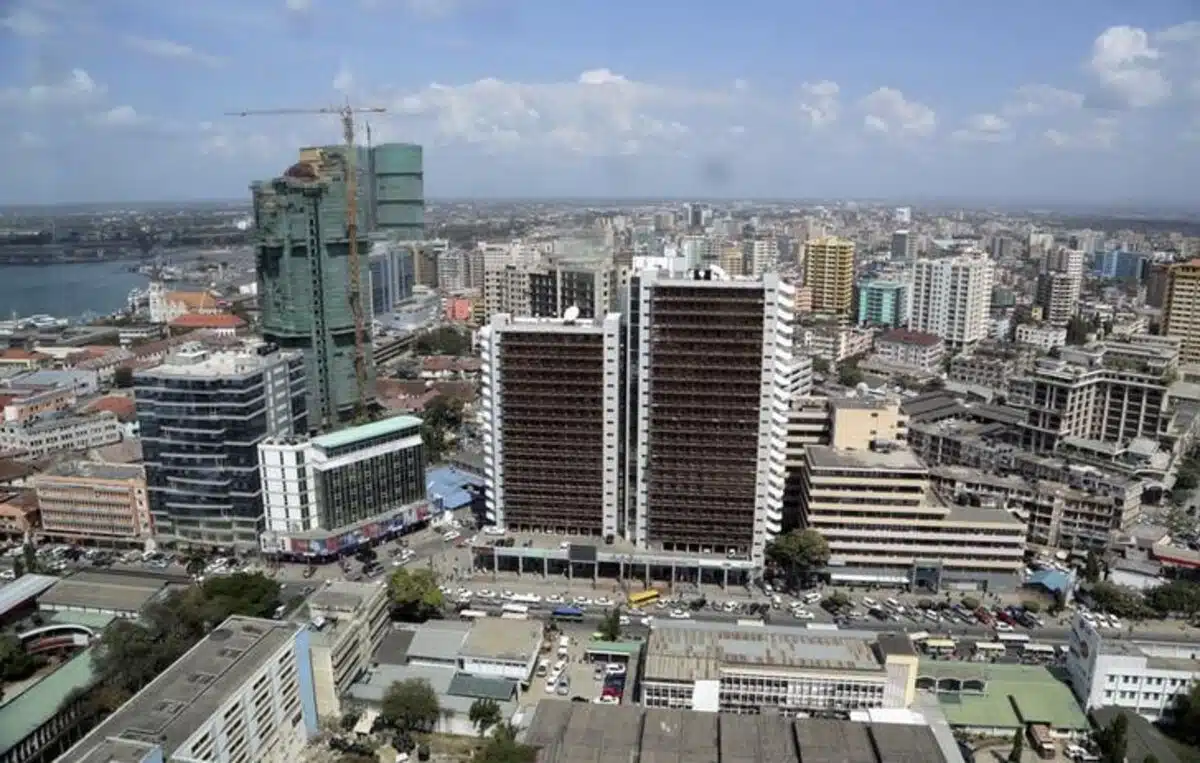A Federal High Court in Lagos has rejected a request by Nigeria’s largest lender by assets, Access Bank to freeze the accounts of MTN Nigeria, the local arm of Africa’s biggest telecoms provider, over a disputed $116.7 million debt claim.
The court declined to grant a Mareva injunction — a type of freezing order — sought by Access Bank and three companies under receivership: Multi-Links Telecommunications, Capcom Telecoms, and Cyancom.
In his ruling, Justice Akintayo Aluko on Thursday held that the telecom operator must first be heard before any such order can be issued.
“Due to the peculiar nature of the case and the potential implications of the orders sought, especially in light of MTN’s correspondence marked ‘MTN 17,’ the defendant must be heard before any orders are granted,” the judge stated.
The court directed the telecoms operator to appear within five days and show cause why its accounts should not be frozen. The next hearing is scheduled for June 23, 2025.
The dispute stems from an old infrastructure-sharing agreement between MTN and the now-defunct Multi-Links Telecommunications, which granted both companies reciprocal rights to use each other’s fibre networks for ten years.
The agreement expired in 2024.
Access Bank, represented by Senior Advocate Kunle Ogunba, argued that MTN failed to pay fees due under the agreement.
The lender requested an order restraining the telecom operator from moving funds across all Nigerian bank accounts up to the value of $116.7 million, and sought a directive requiring all financial institutions to disclose the balances held by MTN within seven days.
According to sources familiar with the matter, the telecom provider fully utilised Multi-Links’ fibre infrastructure, while Multi-Links — weakened by financial troubles — underused MTN’s network.
Multi-Links was eventually placed under receivership by Diamond Bank, a role inherited by Access Bank following its 2019 acquisition of Diamond.
At one point, Multi-Links attempted to sell its fibre assets to MTN, but the deal fell apart due to disagreements over pricing.
Years later, a new company — Hoop Telecoms — emerged, claiming to have acquired Multi-Links’ assets.
Hoop issued retroactive invoices totalling nearly $109.5 million to the telecom provider, including charges dating back to periods before the alleged acquisition.
MTN disputed the claim, insisting its obligations under the expired agreement amounted to no more than $644,000.
The operator escalated the matter to the Nigerian Communications Commission (NCC), which reportedly concluded that Hoop lacked a valid telecoms licence and therefore had no legal basis to demand payment.
Despite the NCC’s findings and MTN’s rejection of the claim, Access Bank pursued the matter in court using Hoop Telecoms’ claim as the basis for legal action. The bank’s bid to freeze the operator’s assets through a Mareva injunction — a remedy typically used when there’s a risk of asset dissipation — was viewed by some observers as a high-stakes legal tactic.
“There was talk that pushing MTN to pay could benefit everyone involved,” a source close to the matter said. “But MTN stood its ground and sought legal protection.”
The case has drawn attention within Nigeria’s corporate and legal circles, with some industry watchers suggesting that Access Bank may have underestimated the complexity of the long-running dispute.
Preliminary discussions between the telecoms giant and the bank are said to be underway, as both sides explore options for an amicable resolution.











